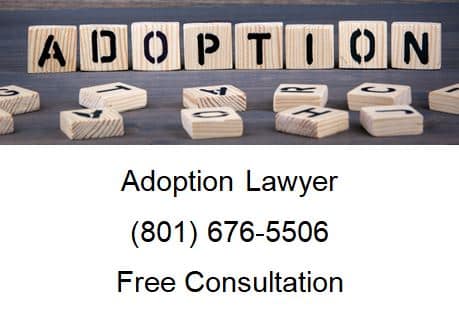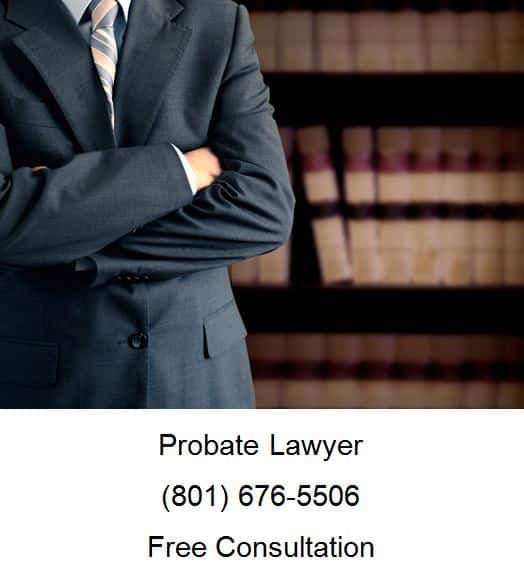While a divorce is a legal action that officially ends a marriage, an annulment is an action in which the marriage is considered to have never been valid in the first place. This is the main reason you should talk to an annulment lawyer because an annulment may be much better from you and a divorce. Thus, a couple that has obtained an annulment would be considered to have never been legally married in the eyes of the law. We’ve also talked about annulments here.
It is much more difficult to obtain an annulment than a divorce. To get an annulment, you must prove at least one of the following existed:
- Bigamy: One of the parties was already married to another person at the time the marriage occurred.
- Lack of consummation: Either party to the marriage was “incurably unable” to have sexual intercourse when the marriage began.
- Insanity: Either spouse became incurably insane for at least five years after the marriage.
- Lack of capacity: One of the spouses lacked the ability to understand the consequences, nature or effect of marriage because of his or her mental capacity. This could be due to drug or alcohol use or a mental disability or disorder.
- Duress: One of the spouses only agreed to the marriage because he or she was forced or otherwise under duress at the time.
- Fraud: The marriage consent was obtained by some form of fraud that could have reasonably deceived a typically prudent person, and that fraud was material to obtaining consent. This could involve the concealment of a person’s actual identity. This is the most common ground used to obtain annulments.
Selling Your Home in a Divorce
Selling a home in even the best circumstances can be stressful – and selling as part of a divorce settlement can be especially complicated.
One spouse may focus on maximizing profits, for instance, while the other just wants the sale over with. And combative spouses sometimes want to get their last digs in by impeding the sale. Your settlement should detail each party’s rights and responsibilities – plus the consequences of non-cooperation.
Here are a few “Dos and Don’ts” to ease the process:
- Do specify how maintenance and repair costs – including those called for in the sales contract — are handled. This will help keep the home in good condition and prevent inspection issues from sidetracking a sale.
- Don’t advertise that the home is part of a divorce settlement. Buyers might assume extra motivation and be willing to pay less – or simply run away from the potential complications.
- Do keep the home in showing condition and make every effort to make it available for requested showings, if you are the custodial spouse.
- Don’t do anything to damage the property or otherwise sabotage the sale. At the very least, it’s unfair to buyers, realtors and attorneys who are just trying to do their part. At the extreme, you could be subject to legal and financial ramifications for obstructing the court-ordered sale.
- Do give a copy of your divorce decree to the settlement agent so the proceeds can be divided at closing.
These Tips Can Help Make for a More Successful Second Marriage
The statistics don’t lie: second and subsequent marriages are far more likely to end in divorce than first marriages. So what can people marrying for the second time do to minimize the likelihood of another divorce?
The following are a few tips from relationship experts:
- Take it slow: Too many second marriages fail because people rush into the marriage without taking time to spend some time alone and then truly get to know their new partner. Take plenty of time to clearly identify what it is you want out of a partner.
- Set your expectations realistically: It’s common for people in second marriages to have unrealistic expectations or views of their partner as a person who is truly “the one” who will make up for their failed marriage the first time around. You must be realistic with your expectations of any relationship.
- Be willing to compromise: It’s easier as we get older to feel as though compromising is actually giving up what we want — or giving control of our lives to another person. In reality, no matter how old you are, compromise is a cornerstone of a strong relationship. You cannot hope to succeed in your second marriage if you do not compromise.
- Be upfront about your baggage: Your partner should know about all the baggage you are bringing into the new relationship, and there should be realistic expectations related to how you will be able to overcome this baggage together. If both of you are coming from failed first marriages, this is especially important.
- Don’t let your past marriage dictate your new one: When disagreements or arguments occur, it’s all too easy to react based on things that happened in your previous relationship. Instead, you must react based on present circumstances. Doing otherwise is unfair to your current partner.
Free Initial Consultation with Lawyer
It’s not a matter of if, it’s a matter of when. Legal problems come to everyone. Whether it’s your son who gets in a car wreck, your uncle who loses his job and needs to file for bankruptcy, your sister’s brother who’s getting divorced, or a grandparent that passes away without a will -all of us have legal issues and questions that arise. So when you have a law question, call Ascent Law for your free consultation (801) 676-5506. We want to help you!
8833 S. Redwood Road, Suite C
West Jordan, Utah
84088 United States
Telephone: (801) 676-5506
Recent Posts
Documents to Bring to a Divorce Lawyer
Is Filing Bankruptcy Better Than Just Not Paying Your Creditors Back?







